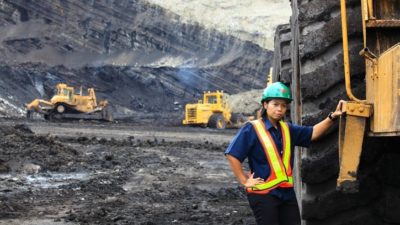The BHP Group Ltd (ASX: BHP) share price is likely to be on the nose this morning as investors weigh up its better than expected dividend with its big profit miss.
The Big Australian will pay its biggest final dividend ever of US78 cents per share to take its full year dividend to a record US$1.33 per share, which is up 18% from the previous year and ahead of what most were expecting.
But that probably won't be enough to keep investors onside as BHP only managed to increase FY19 underlying profit by 2% to US$9.12 billion, or 5% on an earnings per share (EPS) basis to US176.1 cents thanks to its share buyback.
Big miss on earnings
That came in well below consensus expectations on Reuters of US193 per share as BHP couldn't squeeze enough from its operations.
First off, profits were squeezed from an increase in what management termed "controllable costs", and if not for other uncontrollable factors like the favourable exchange rate and higher iron ore prices, the results would have been worse.
Shareholders may have to get use to higher costs too as that is likely to rise for most of BHP's divisions, with the exception of its Western Australia iron ore business. That's at least a silver lining given that iron ore accounts for around 48% of group earnings before interest, tax, depreciation and amortisation (EBITDA).
On a statutory basis, the results were a lot better with net profit jumping 124% to US$8.31 billion as it includes discontinued operations, asset sales and write downs (the Samarco disaster is still leaving its mark). Pity no one pays much attention to this headline figure.
Foolish takeaway
BHP has been shedding assets and undertaking large capital returns to shareholders, and this makes a better silver lining for those scratching around for good news as this trend is unlikely to change.
While cost inflation could chip away at BHP's large cash balance, the miner will still have plenty in the tank to fund other capital management programs as capex is largely expected to stay flat in FY20 and FY21 after rising 12% in the last financial year.
BHP will likely struggle in the wake of the results, just as how its peer Rio Tinto Limited (ASX: RIO) did as its numbers had also disappointed investors.
However, I don't expect the weakness to persist given that BHP (and Rio Tinto for that matter) have qualities that are desirable in this economic climate when balance sheet strength, generous dividend streams and quality management are in hot demand.







